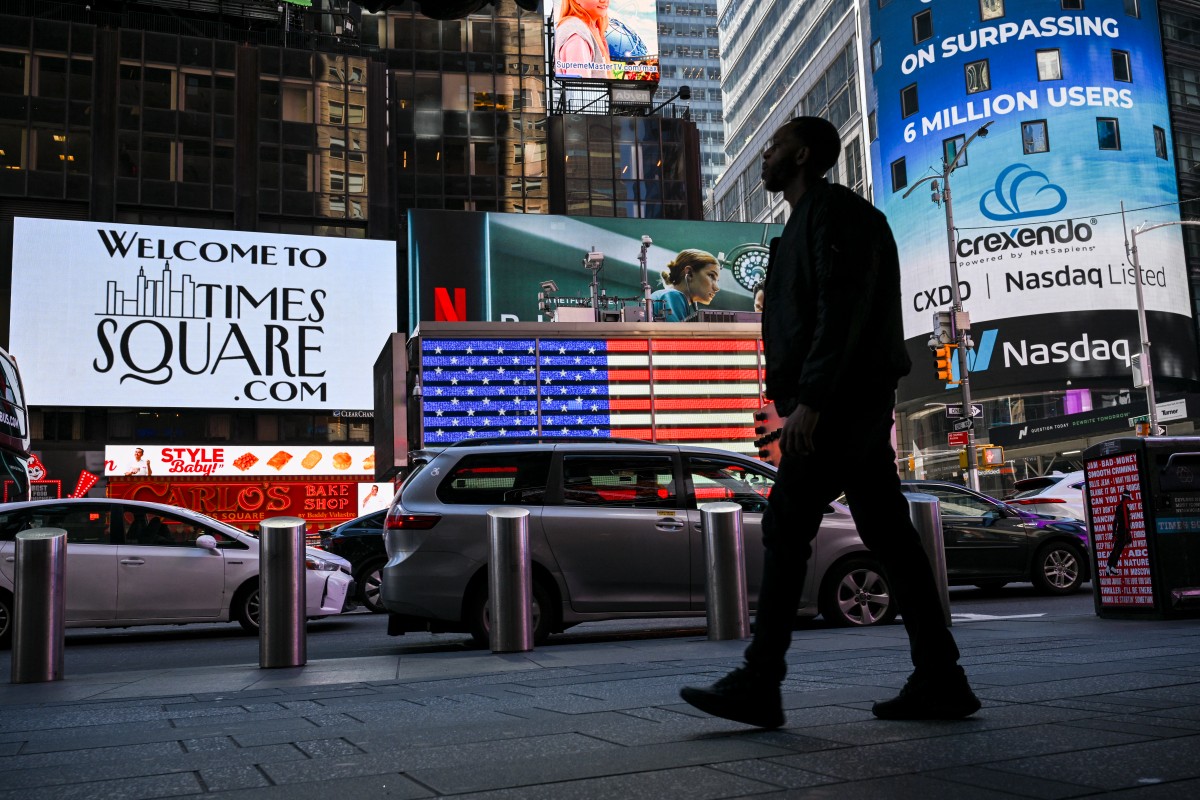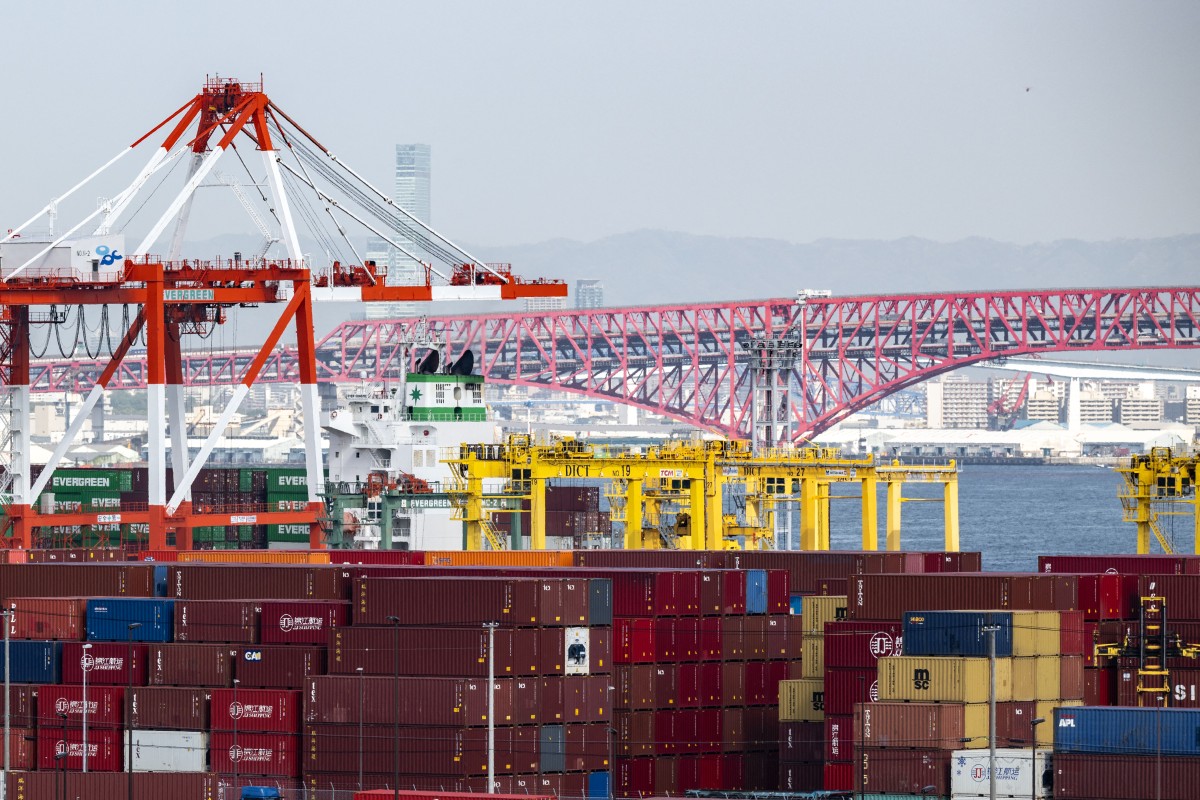
By Agence France-Presse
Equities rallied with Wall Street on Wednesday, April 23, after Donald Trump said he had “no intention” of firing the head of the Federal Reserve and that eye-watering tariffs on China would be slashed drastically.
Global markets, already upended by a trade war, were battered further at the start of the week by fears the U.S. President was looking to remove central bank boss Jerome Powell for not cutting interest rates, calling him a “major loser” and “Mr. Too Late.”
Observers warned such a move would have dealt a blow to the Fed’s independence and sparked a crisis of confidence in the world’s top economy, sparking a sell-off of U.S. assets and another global crisis.
“I have no intention of firing him. I would like to see him be a little more active in terms of his idea to lower interest rates — it’s a perfect time to lower interest rates. If he doesn’t, is it the end? No,” Trump declared on Tuesday, April 22.
The remarks gave a much-needed shot of relief to investors, helped by the president’s comments later indicating a more conciliatory approach to the trade war with China. Washington has imposed tariffs of 145 percent on a range of products from China, while Beijing responded with 125 percent duties on imports from the United States.
But the president acknowledged on Tuesday that the U.S. levies were at a “very high” level and that this will “come down substantially.”
“They will not be anywhere near that number,” he said, but added that “it won’t be zero.”
That came after Treasury Secretary Scott Bessent told a closed-door event in Washington that he expected a de-escalation soon in the United States’ tariff standoff with China, which he said was not sustainable.
White House Press Secretary Karoline Leavitt later said, “The President and the administration are setting the stage for a deal,” noting that “the ball is moving in the right direction.”
Chinese President Xi Jinping warned on Wednesday that tariff and trade wars “undermine the legitimate rights and interests of all countries, hurt the multilateral trading system, and impact the world economic order.”
However, foreign ministry spokesperson Guo Jiakun later in the day said that “the door for talks is wide open.”

Optimism
Investors welcomed the developments from Washington with open arms. Hong Kong surged on the back of a rally in tech firms including Alibaba and Tencent.
Tokyo, Sydney, Seoul, Wellington, Singapore, Mumbai, Jakarta, and Bangkok also advanced, while London, Paris, and Frankfurt opened on the front foot. Taipei jumped more than four percent, helped by a seven percent surge in chip titan Taiwan Semiconductor Manufacturing Company (TSMC). However, Shanghai and Manila edged down.
Gold, which had hit a record high above $3,500 Tuesday on a rush to safety, retreated to sit around $3,300, while the dollar clawed back some of its recent losses against the pound, euro and yen.
Oil prices were also boosted more than one percent, having taken a recent hit by fears over the economic fallout from the tariff standoff. The gains followed rallies of more than two percent for all three main indexes in New York.
“While it is still early days, the mood in the market is evidently shifting and what was a strong ‘sell America’ vibe flowing through markets… has in part reversed,” said Chris Weston at Pepperstone.
He added that the President’s comments on Powell “should go some way to allaying fears of a major policy mistake.”
Investors were unmoved by the International Monetary Fund’s decision to slash its global economic growth outlook by 0.5 percentage points to 2.8 percent this year, citing the effect of Trump’s tariff policies.
In company news, Japan’s Sumitomo Rubber, which recently bought the Dunlop brand, rose 3.7 percent after it said it would hike tyre prices for U.S. and Canadian cars and small trucks by up to 25 percent.
